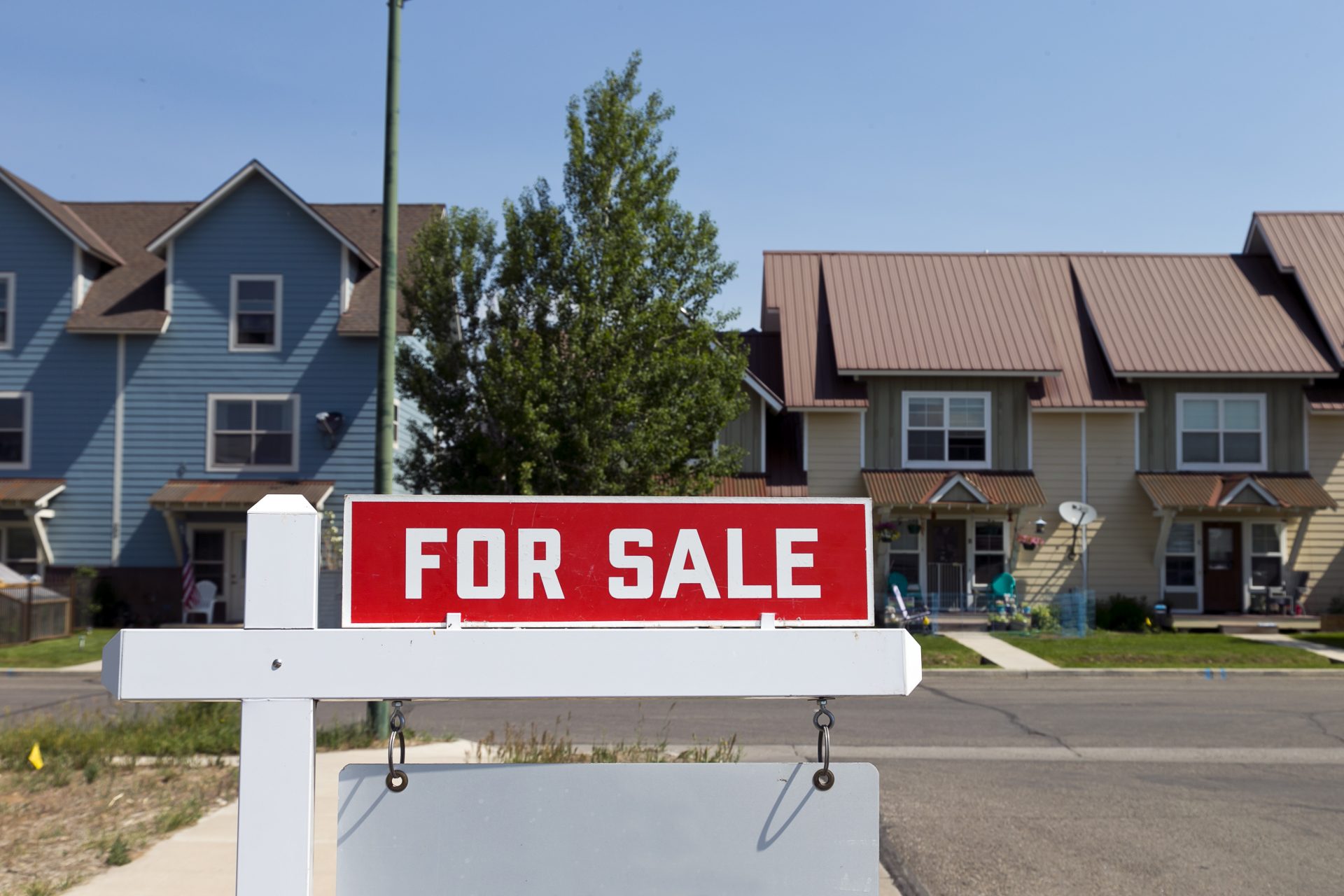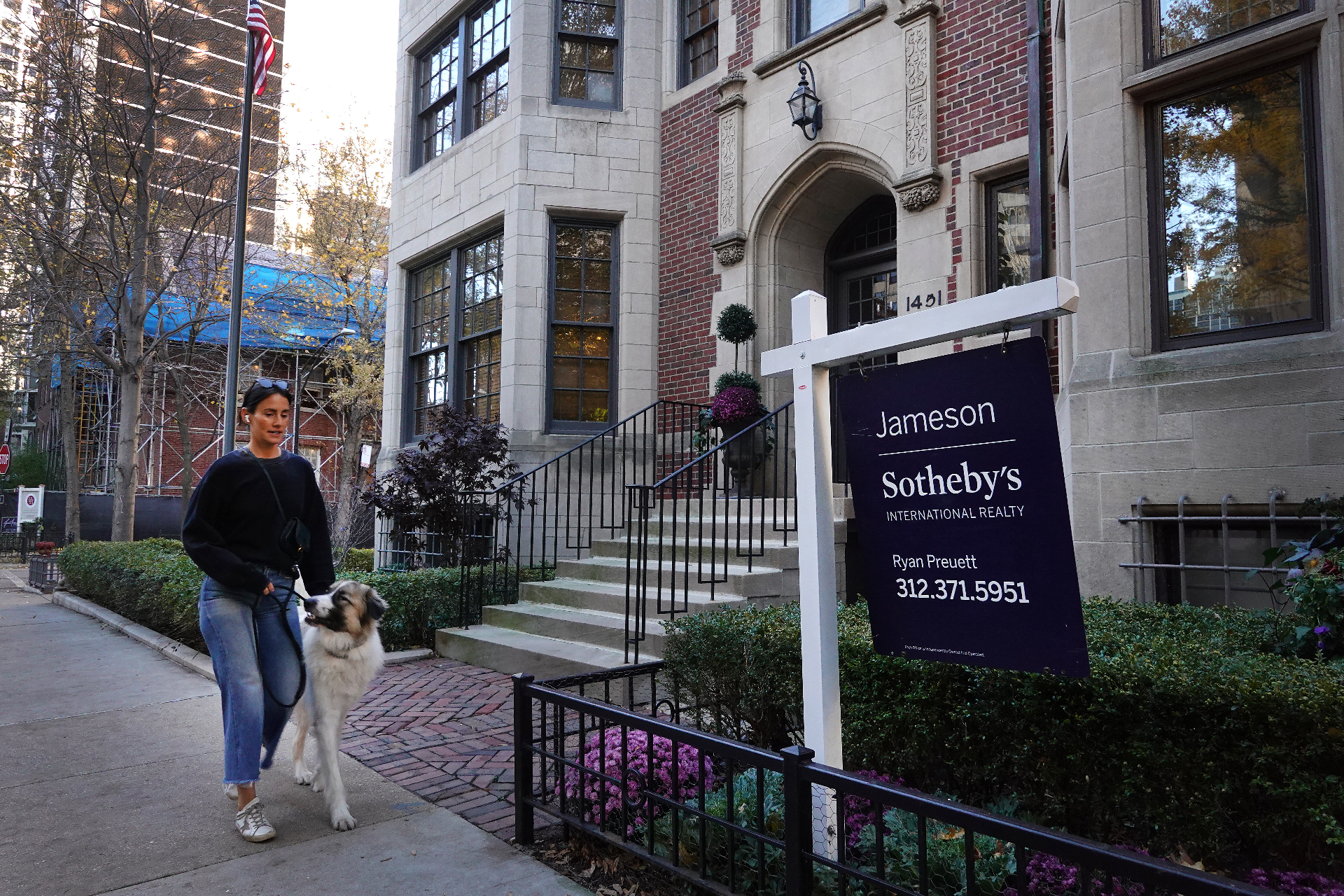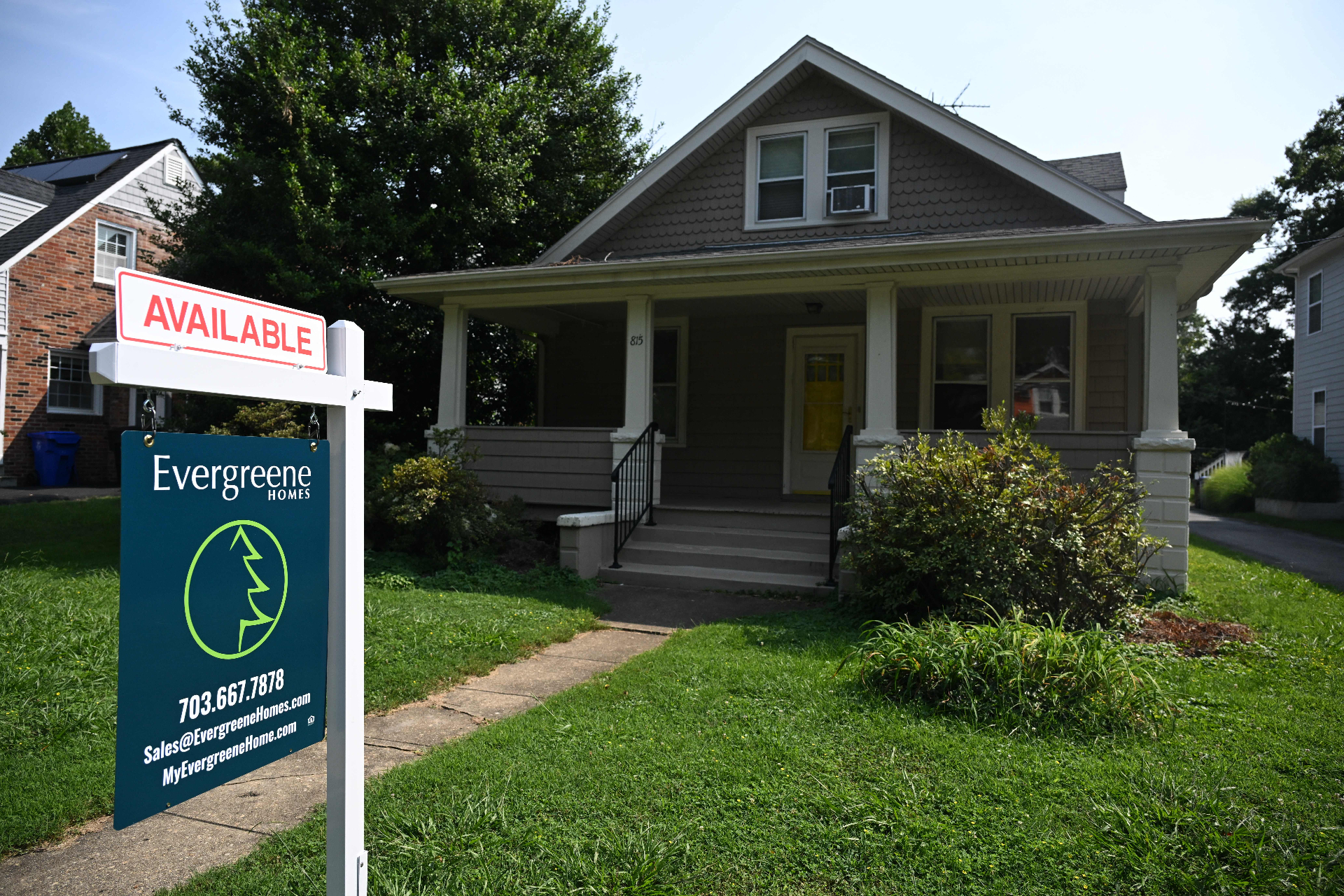2024 was a terrible year for the US housing market
2024 was a terrible year for the real estate market. According to the WSJ, the industry expected this year to boost recovery for the sector, which has been struggling for years.
The turnaround never came, the WSJ said. Prices rose every month, and sales fell to historic lows, even after the Federal Reserve lowered key interest rates, which can influence mortgage rates.
Still, the sector has struggled with low inventories and high mortgage rates for several months, so the change was not enough to calm homeowners' nerves.
Photo: Natalia Segato / Unsplash
By September, most experts knew sales were on the path to their worst years in decades. AP News said the fall exceeded experts' predictions, puzzling them.
The National Association of Realtors (NAR) said previously-owned home sales slid to their weakest pace in 14 years that month. They fell 1% from August to September and 3.5% compared with last year.
According to AP News, sales fell for two consecutive months and were at their lowest since October 2010, when the market was still recovering from a crash.
Lawrence Yun, NAR's chief economist, said the fall could puzzle experts from a purely theoretical perspective. The conditions should have driven higher home sales, yet they were low.
Mr. Yun referred to the solid work market, falling mortgage rates, and increased home inventory. Still, the WSJ cited experts who clearly identified the main reason behind the fall: prices.
The newspaper said that if mortgage rates continue to decrease, it will make homes more affordable, but the effect could be undercut by increasing home prices.
While a 3% increase in home prices is less than what the US market had experienced in recent months, prices last month were the highest for any September in history.
After the Fed cut interest rates, mortgages fell but quickly bounced back. According to the WSJ, mortgage prices have slowly separated from the Fed reference in recent years.
The newspaper said lenders often sell mortgage debt to investors. Since the real estate market is less safe than bonds, they demand a higher return, which increases mortgages.
However, it could also be a matter of timing. Real estate agents told the newspaper that the Fed took too long to cut rates, and homeowners usually prefer not to sell in the fall or winter.
According to the WSJ, many families prefer to buy homes in the spring and move in the summer while children are on school break, so the holdout could be simply related to that.
Lisa Sturtevant, chief economist at Bright MLS, told AP News that buyers could have been waiting for better rates or election results, which could now mean they would wait until after inauguration day.
More for you
Top Stories




























